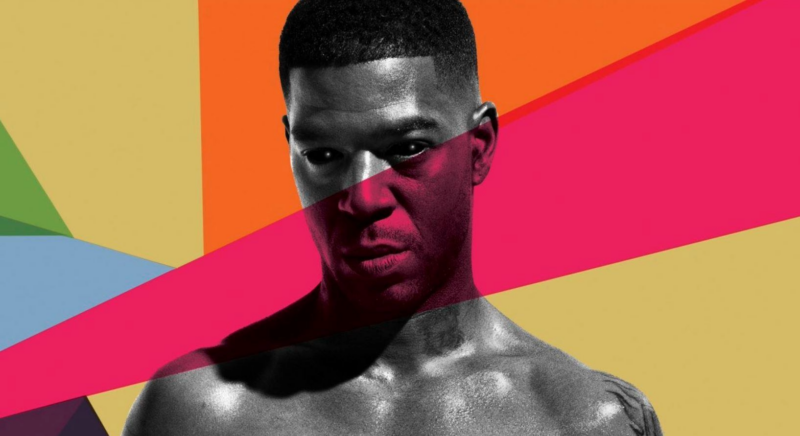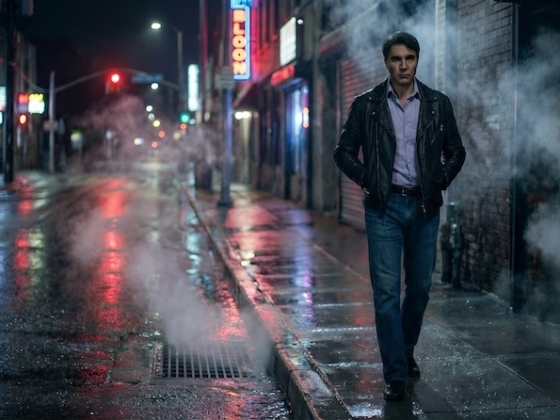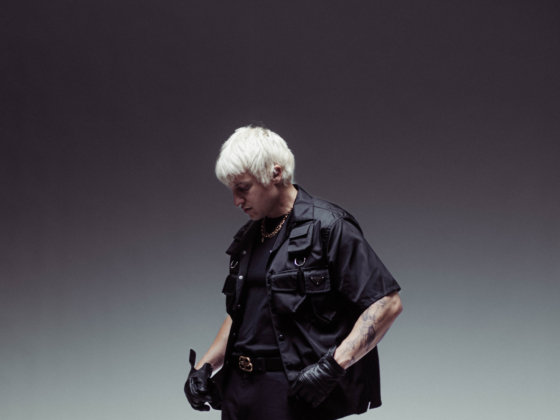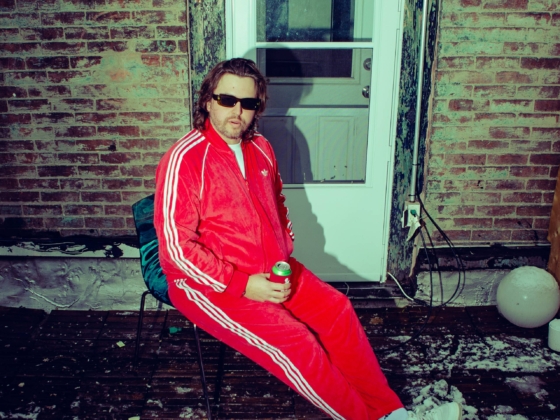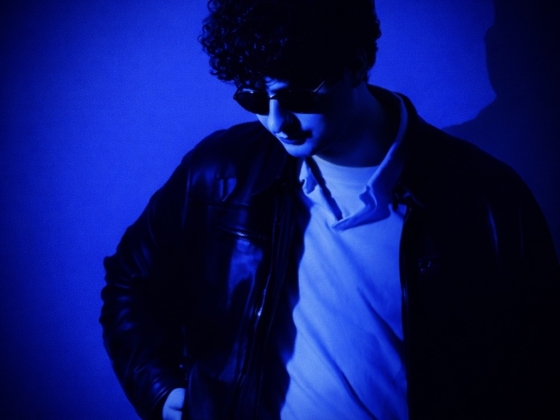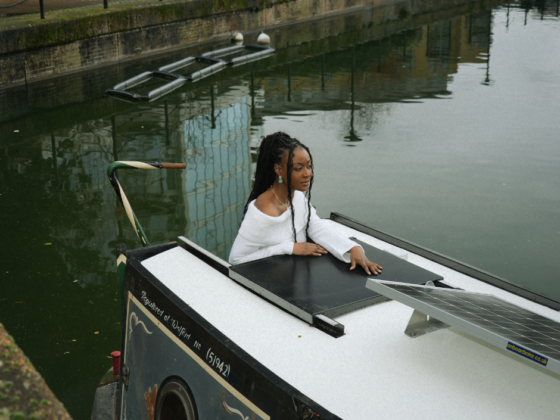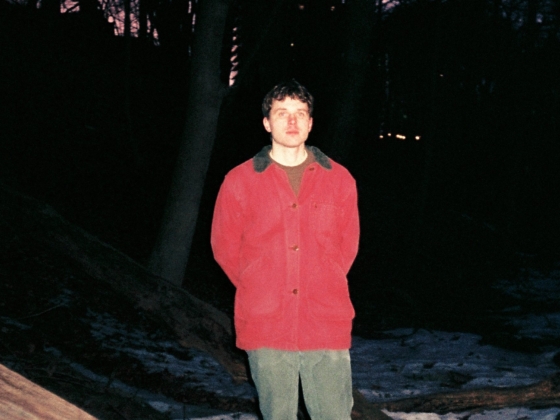Kid Cudi has always built worlds rather than records, and Free, his tenth studio album, feels like his most expansive yet. Dropping on August 22nd, the 13-track LP arrives featureless, as if to underline the point: this is Cudi unfiltered, floating through his own galaxy with no guest stars to tether him. Coming off the sprawling chaos of 2024’s Insano, Free is exactly what the title suggests, an artist loosening his grip on expectation, drifting between genres with a nonchalance that borders on arrogance, yet feels earned.
It begins with “Echoes of the Present,” an overture that could have been lifted from a Hans Zimmer score. Swelling strings and cinematic percussion build a sense of grandeur before collapsing into silence, the kind of intro that signals you’re entering something larger than a rap album. Then comes “Neverland”, where country twang meets trap hi-hats, an anthem that somehow sounds both perfect for a summer road trip and for a late-night existential spiral. This genre collision, rural guitars against digital snares, isn’t gimmickry. It’s Cudi reminding us that his whole career has been about tearing down fences, whether between hip-hop and rock, or between bravado and vulnerability.
“Mr. Miracle” straddles soft rock and trap, Cudi’s voice floating above the mix like he’s narrating his own dream. “Opiate” pulls things back into futurist hip-hop, heavy with synths and jagged beats, but still anchored by his instinct for melody. “Deep Diving” shifts gears again: tender, romantic, made for dim lights and quiet dinners. It’s almost disarming to hear him croon so openly, but that’s Cudi’s trademark — letting sentimentality live where swagger usually sits.
Not everything here is weightless. “Trauma Show” and “Submarine” are darker experiments, built on abrasive percussion and chopped synth lines that wobble like they’re threatening to collapse. They’re messy, even abrasive, but they capture the tension of an artist still wrestling with chaos. “Ashes”, by contrast, is serene: soft piano, baritone vocals, harmonies that hover just above the mix. It’s music for levitation, spiritual without ever reaching for easy transcendence.
Then there’s “Grave”, the album’s standout and most heavily promoted single. Built on acoustic strums and a country-pop skeleton, it’s Cudi at his most vulnerable, singing with a clarity that’s more front-porch confession than stadium chant. It feels like the heart of the record, the moment where the genre experiments crystallise into something deeply human.
The back stretch of the album is lighter, almost playful. “Past Life” leans on bass and percussion to build an easy groove. “Picnic in Paris” flaunts his genre-hopping instinct, more flex than confession, but proof he can bend any style to his orbit. “Stargazing” pulls the energy back into euphoric pop, drum kits and bass lines colliding with melodies that stretch skyward. Then comes “Salt Water”, the closer, where he pours emotion into a conversation with the ocean itself. It’s a prayer, a confession, and a goodbye, delivered with a vulnerability that lingers long after the final note fades.
What Free ultimately proves is that Kid Cudi has become less a musician and more a prism, connecting genres, moods, and even decades of influence into something that only makes sense under his name. In 2025, when most mainstream hip-hop feels locked in arms races of virality and algorithm-friendly hooks, Cudi remains an anomaly: uninterested in chasing relevance, yet constantly setting new coordinates for where the culture might drift next.
Stream Free out now on all DSP's
Connect with Kid Cudi here:

